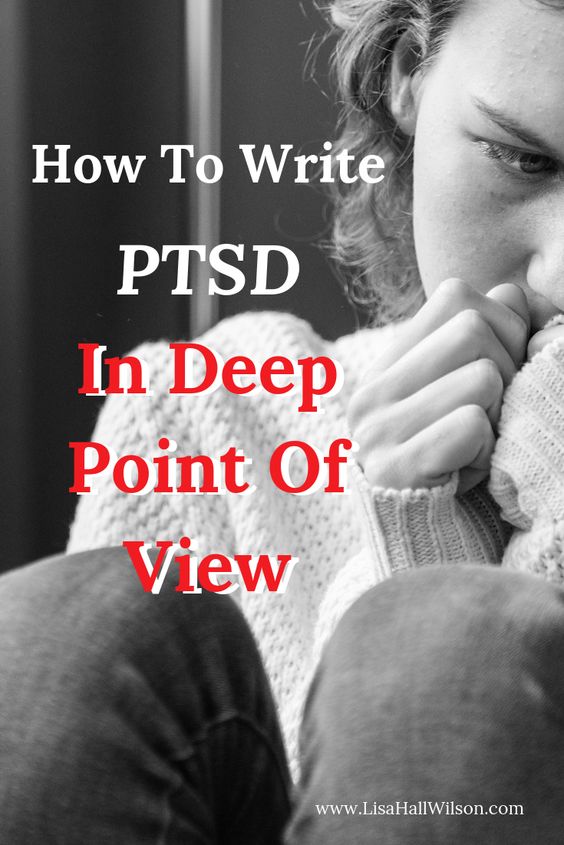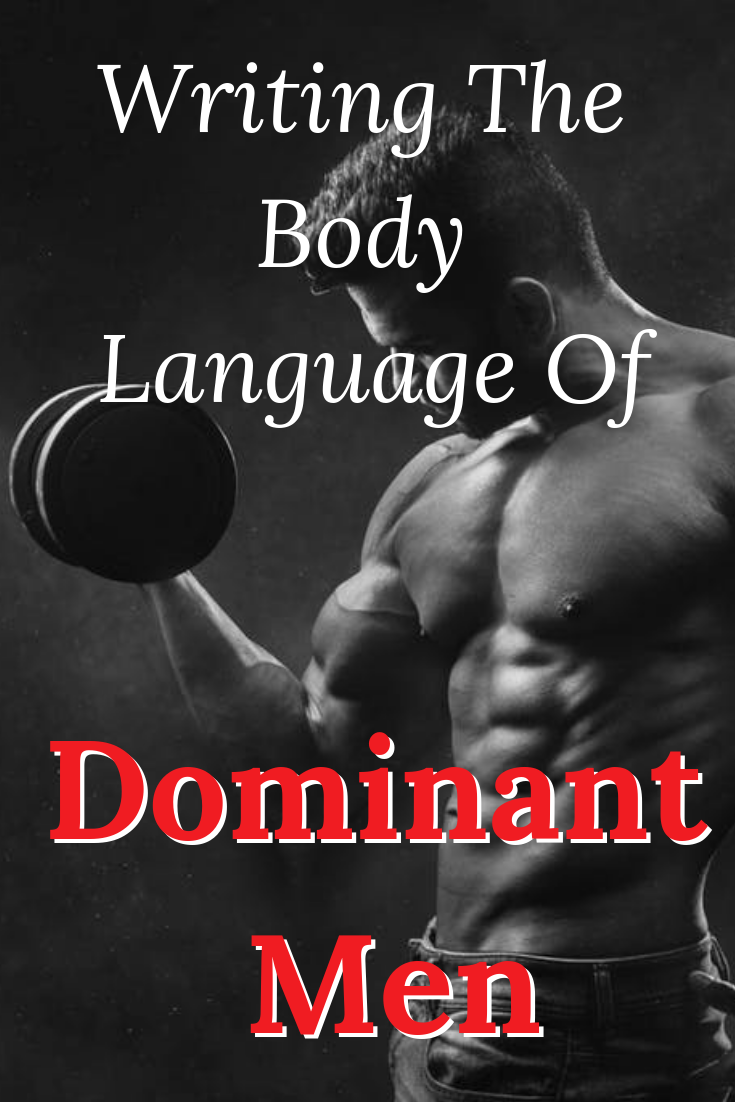
With deep point of view, being able to show readers how and why your character is or isn’t attracted to another without naming an emotion or using on-the-nose dialogue can be a really important detail to get right.
There are at least four types of attraction (sexual attraction being just one option) and showing your character experiencing a wider range of traits they’re attracted to helps readers care more.
Remember, when writing in deep point of view, the writer’s job is to present evidence to the reader of how the character feels. It’s the reader’s job to determine what emotion the evidence points to.
To Be Ambiguous Or Clear With Body Language Signals…
Body language signals must be interpreted and that can lead to miscommunication, hurt feelings, etc. A woman touching her hair could be affirming that she’s noticed a guy’s interest, but it can also indicate unease, trepidation, and even fear. A woman might cross her legs to make her legs appear slimmer or cross them because she’s guarded or on edge. Allow room for conflict here. Let people misread/miss body language. Allow a character to suppress the body language that would mirror how they feel.
Body Language Of Attraction
The typical physiological reactions to attraction include: racing heart, sweaty palms, dry mouth, dilated pupils, preening and attention to grooming (straightening a tie, touching hair, sucking in a gut), eye contact, smiling, uncrossed arms, sticking out of the chest, etc. Here’s a few more to consider.
Heart rate – There’s a bit more to this than ‘he’s hot.’ When our bodies are stimulated (could be from exercise, fear, surprise, etc) and our hearts are racing, attraction can be artificially stimulated. People seem more attractive when our hearts are racing.
Where do their feet point – A person’s feet will directly reflect their attitude. When feet are pointed at another person, this is a sign of interest/attraction. If feet are pointed away, they’re distracted or uninterested. Feet pointed toward the door when the rest of the body isn’t (someone twisting to speak over their shoulder, someone seated can point their feet toward the door) can be a signal of wishing to flee for instance.
Wrists and Necks – People who are nervous, unsettled or feel unsafe will unconsciously (often) protect these vulnerable areas. They’ll hunch their shoulders to protect the neck. They’ll walk with their inner wrists protected against their bodies or stuffed in a pocket. Conversely, exposing theses areas visually can signal attraction.
Head tilting and leaning in – Leaning in can signal interest and attraction. There’s leaning in and there’s you’re-in-my-space leaning in. It’s not really a fine line IMO. Head tilting shows interest and invites people in.
Chemistry Isn’t Really About Chemistry
Misreading or missing these body language cues of attraction can lead people to say ‘there’s just no chemistry between us.’ When trying to show a character’s perceived lack of chemistry, show the reader what’s missing. Were they expecting someone more open and got closed off body language (arms crossed, avoids meeting gaze, no racing heart, etc.)? Show that. Words affirming attraction fall flat without the accompanying body language to back it up. Do you see the many layers and opportunities for conflict and tension here?
What Influences Attraction And Why You Need To Know Your Character
Psychology tells us that there are at least four kinds of attraction. One kind in isolation from the others signals a doomed relationship typically. Additionally, two people may be attracted to each other for different reasons which will reflect their inner values and priorities.
Questions To Have Answers For:
- What kind of relationship is your character seeking? (long-term, short-term, friendship, etc.)
- What do they place value on? (security, safety, prestige, influence, sexual performance)
- How do they perceive themselves? (attractive, dowdy, influential)
- What hurts or prior experiences may cause them to suppress or deny their own instincts is showing or reading the body language of attraction? (sexual abuse in their past can skew interpretation of body language signals)
These are all important factors that influence attraction. Someone who places a lot of value on security will prioritize the attraction that seems to promise that, for instance financial independence, emotional stability, or physical health.
4 Kinds Of Attraction
Sexual Attraction – This is usually lust, let’s call it what it is. It’s based almost entirely on one’s assessment of physical beauty, personal wealth, influence, etc. Isolated from the types below, these attractions flare up in a hot blaze and then end with similar heat. However, many psychologists will also caution that relationships devoid of sexual attraction are a house of cards.
Confidence – Some are attracted to individuals who exude confidence. These people often know how to get noticed, they know how to smile, flirt, and measure eye contact. Sometimes, these individuals are very good at saying what the other person wants to hear to get a desired reaction or outcome.
Psychological Attraction –This type of attraction in isolation from the others often ends in the friend zone. A psychological attraction is often directed at those with a unique perspective or skill that separates them from the crowd. Psychological attraction is common in those seeking long-term relationships and emotional intimacy.
Physical Features – This isn’t about beauty so much as gauging health and strength–on traits a person can control. Some are attracted to those displaying good personal hygiene, who dress in clothes that flatter their figures, who work out or are athletic, etc. Physical grooming and personal fitness play large roles in this kind of attraction.
Why Is Understanding Body Language Of Attraction Important For Deep Point Of View?
Let’s create a scenario. A guy sees a pretty girl at the gym and convinces her to go on a date (remember, everyone is more attractive when our heart rate is up). Two dates in he realizes his attraction was purely sexual and is frustrated that she can’t engage with him intellectually or lacks the confidence he finds attractive.
However, in deep point of view the evidence you might present to the reader to show this would be having the pretty girl embarrass him in front of his boss with her inability to talk about city politics, or perhaps he gets frustrated with her constant checking in or insisting on knowing where he is all the time. What turns him on and off shows his priorities and values–it pulls double duty in deep point of view. Instead of writing about attraction, be intentional with the above info and instead show your character’s internal conflict in a way that’s relate-able and convincing.
Been told you should learn Deep Point Of View? Had an editor or critique partner tell you to “go deeper” with the emotions in your fiction? Looking for a community of writers seeking to create emotional connections with readers? Check out the Free Resource Hub and then join the Going Deeper With Emotions In Fiction Facebook group.



